Press release–For immediate release
The Montreal SPCA calls on the government of Quebec to include animals in emergency management plans
A new poll reveals that 86% of Quebecers living with a dog or cat would refuse to evacuate their home without their animal in the event of a disaster
Montreal, August 7th 2025 – The Montreal SPCA is launching a campaign today called An emergency plan for the whole family, asking the provincial government to include animals in all levels of disaster planning and response. This comes as a new Léger poll confirms how important it is to include animals in government emergency plans, not only for the animals themselves, but also for human safety. The organization is inviting the public to sign a letter on its website addressed to the Minister of Public Security, who is currently reviewing a key civil security regulation.
It is undeniable that extreme weather events are intensifying and becoming more and more common. The devastation caused this summer by floods in Texas and wildfires in Western Canada reminds us that no one is immune. Yet the Quebec government’s emergency management plans have a significant shortcoming: they do not take animals into account.
According to a 2023 Léger survey, 52% of Quebec households include a dog or cat. Despite this, animals are left out of the provincial emergency planning and response framework.¹
“Although the Quebec government regulates municipalities’ responsibilities when it comes to civil security, nothing in the current regulations requires municipalities to include animals in their evacuation or emergency response plans,” explains Sophie Gaillard, Director of Animal Advocacy and Legal and Government Affairs at the Montreal SPCA. “This regulatory gap means that whether or not animals are provided for in the event of a disaster varies from municipality to municipality, depending on local will, a situation that exposes thousands of animals—and the people who care about them—to avoidable risks,” she emphasizes.
A matter of public safety
According to a Léger poll conducted last week on behalf of the SPCA, 86% of Quebecers living with a dog or cat would refuse to evacuate their home without their animal in the event of a disaster.²
The Quebec government itself recognizes this risk factor, stating that “during a disaster, some people refuse to evacuate their homes because they are unwilling to abandon their companion animals.”³ Scientific literature, expert opinion, and experience in the field confirm that failing to adequately provide for animals during a disaster can cause people to put themselves in danger to stay with their animals or rescue them, thereby also jeopardizing the safety of responders.
Being forcibly separated from one’s animal or the animal dying during a disaster also has significant emotional impacts and can hinder the psychological recovery of disaster victims.
“The exclusion of animals from emergency management plans poses a direct threat to public safety,” insists Gaillard. “The Quebec government is currently reviewing its civil security regulations. It is urgent and imperative that it follow the example of other jurisdictions, such as British Columbia, which have integrated animals into their disaster planning and response plans,” she adds.
What the SPCA is asking for
The Montreal SPCA is calling on the Quebec government to formally include animals in emergency management plans throughout the province, namely by:
- Including animals in evacuation and emergency housing plans
- Training first responders in animal capture and handling
- Working with animal shelters and animal protection organizations to conduct animal search and rescue operations, namely by ensuring access to at risk or affected areas
- Implementing measures to make it easier to identify animals and reunite them with their guardians
- Supporting animal shelters affected by a disaster
- Making essential animal food and supplies eligible for post-emergency financial assistance.
“Disasters are sometimes unavoidable, but leaving an animal behind should never be”, concludes Gaillard.
A free downloadable guide
Preparing for an emergency is also an individual responsibility. That is why the Montreal SPCA is offering a free downloadable guide on its website to help you ensure your animal’s safety in the event of a disaster. The guide includes a checklist, a list of items to include in an emergency kit, practical tips on caring for your animal in an emergency, and much more.
– 30 –
Source : Montreal SPCA www.spca.com/en/
Media information:
Tök communications 514 247-0526
Marie-Hélène Avon, mariehelene@tokcommunications.ca
About the Montreal SPCA
Founded in Montreal in 1869, the Society for the Prevention of Cruelty to Animals (better known as “Montreal SPCA”) was the first animal welfare organization in Canada. The SPCA has come a long way since: it is now the largest animal protection organization in Quebec and speaks on behalf of animals wherever they face ignorance, cruelty, exploitation or neglect.
¹ Online survey conducted by Léger on behalf of the Association des médecins vétérinaires du Québec among a sample of 1,000 Quebecers, from September 24 to 27, 2021.
² Online survey conducted by Léger on behalf of the Montreal SPCA among a sample of 461 Quebecers, from August 1st to 3rd, 2025.
³ Government of Québec. 2024. “Guide Préparer la réponse aux sinistres”. 12 November 2024. (our translation).







